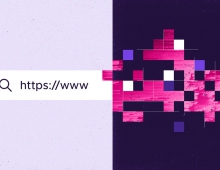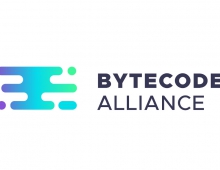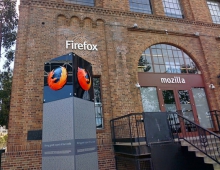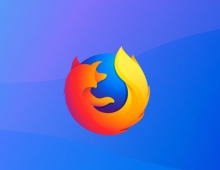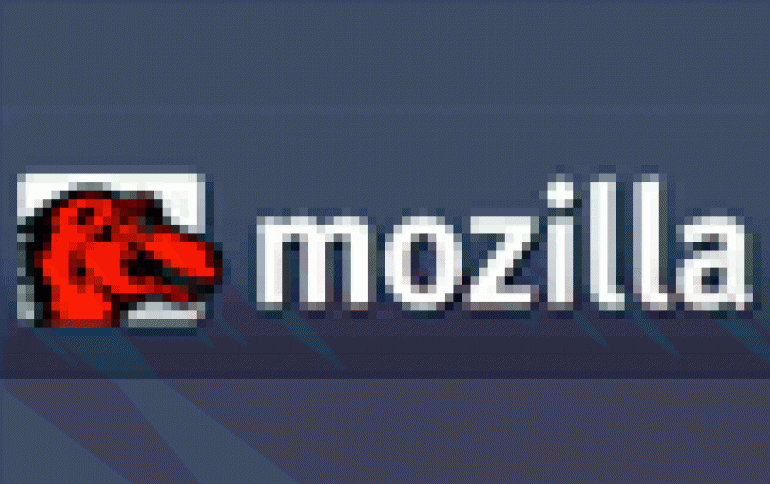
Mozilla "Boot to Gecko" Mobile OS To Debut in 2012
Mozilla developers are expected to start testing phones running a new mobile operating system called "Boot to Gecko" (B2G) this quarter, with product demos slated for the first quarter of 2012, according to an updated road map on the project's website.
Mozilla had proposed the "Boot to Gecko" project last July, to pursue the goal of building a standalone operating system for mobile devices that would run applications primarily on the Web.
Mozilla hopes to be able to deliver a framework that will allow developers to rewrite apps for each operating system such as iPhone's iOS, Android, and WP7.
According to the B2G roadmap, during the Q4 of 2011 the developers hope to have some functions ready, including accelerometer, camera, messaging, telephony and power management, as well as Mozilla's phone user interface called "Gaia". By Q1 2012, the team is expected to be able to offer a product demo, which will be able to connect with an open web app store, feature sensors, vibrator, Bluetooth, USB and NFC functions. They are also working to deliver a full-featured web browser, an eBook reader, camera and a media player.
B2G's goal appears similar to one that Google cited when it initially started work on Android. The OS is actually using parts of Android, after all.
Mozilla hopes to be able to deliver a framework that will allow developers to rewrite apps for each operating system such as iPhone's iOS, Android, and WP7.
According to the B2G roadmap, during the Q4 of 2011 the developers hope to have some functions ready, including accelerometer, camera, messaging, telephony and power management, as well as Mozilla's phone user interface called "Gaia". By Q1 2012, the team is expected to be able to offer a product demo, which will be able to connect with an open web app store, feature sensors, vibrator, Bluetooth, USB and NFC functions. They are also working to deliver a full-featured web browser, an eBook reader, camera and a media player.
B2G's goal appears similar to one that Google cited when it initially started work on Android. The OS is actually using parts of Android, after all.


